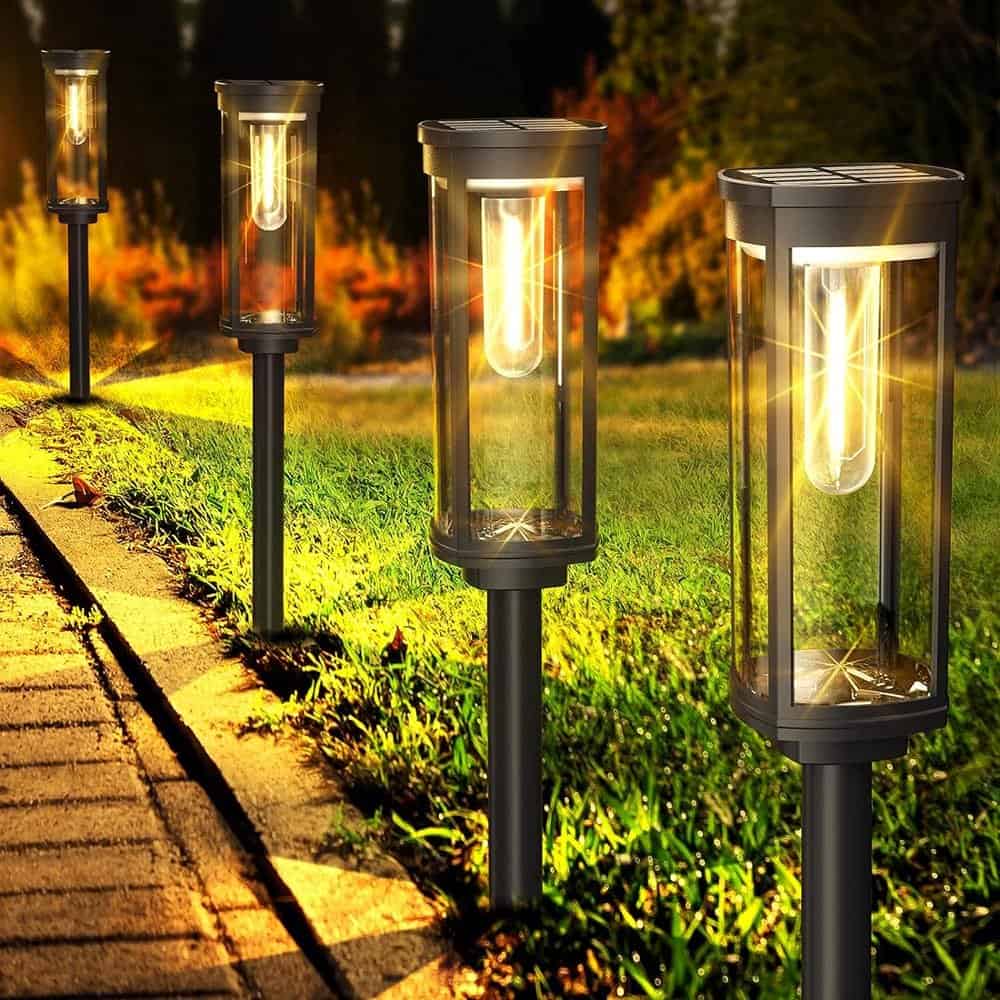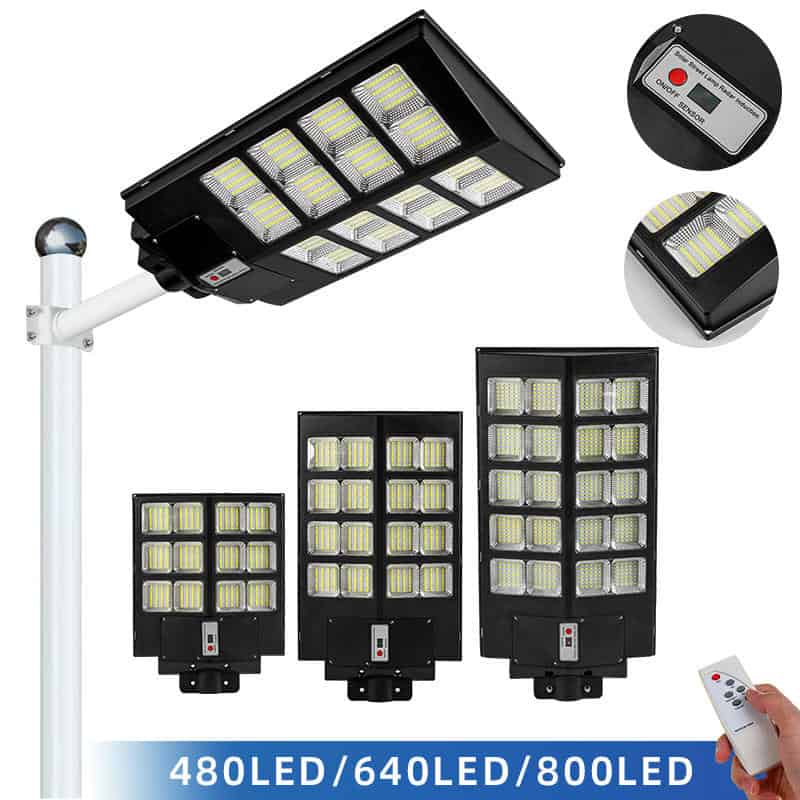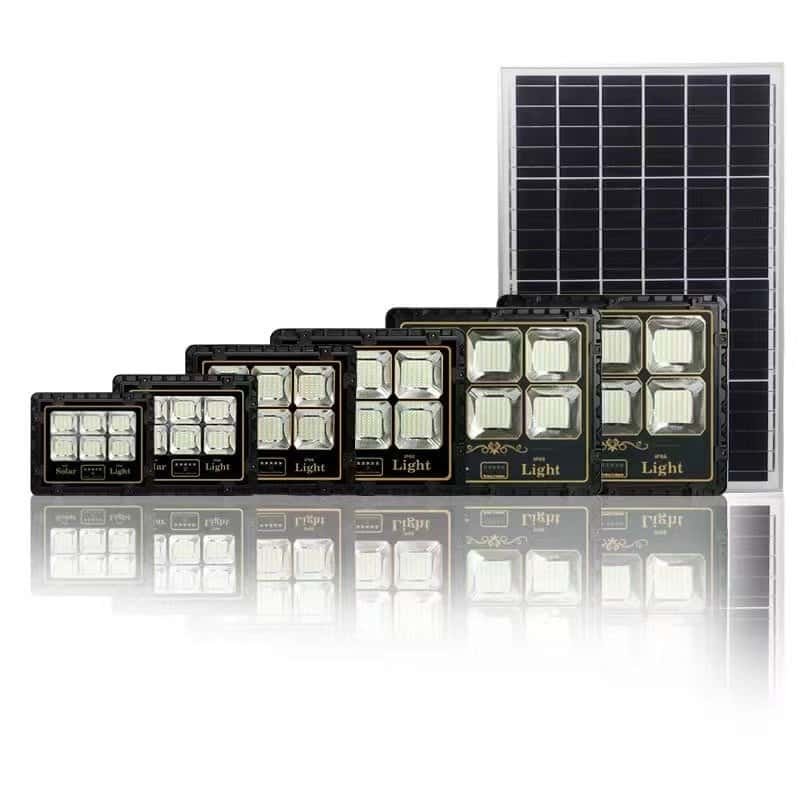Why Solar-Powered Illumination is Revolutionizing Energy and Design
1. Introduction: The Rise of Solar Lighting
Solar lighting has evolved from a niche eco-friendly option to a mainstream solution for homes, cities, and industries. With advancements in technology and growing climate awareness, solar-powered systems are no longer just about saving energy—they’re redefining how we light up the world. Let’s explore the future trends in solar lighting and what they mean for consumers and businesses.
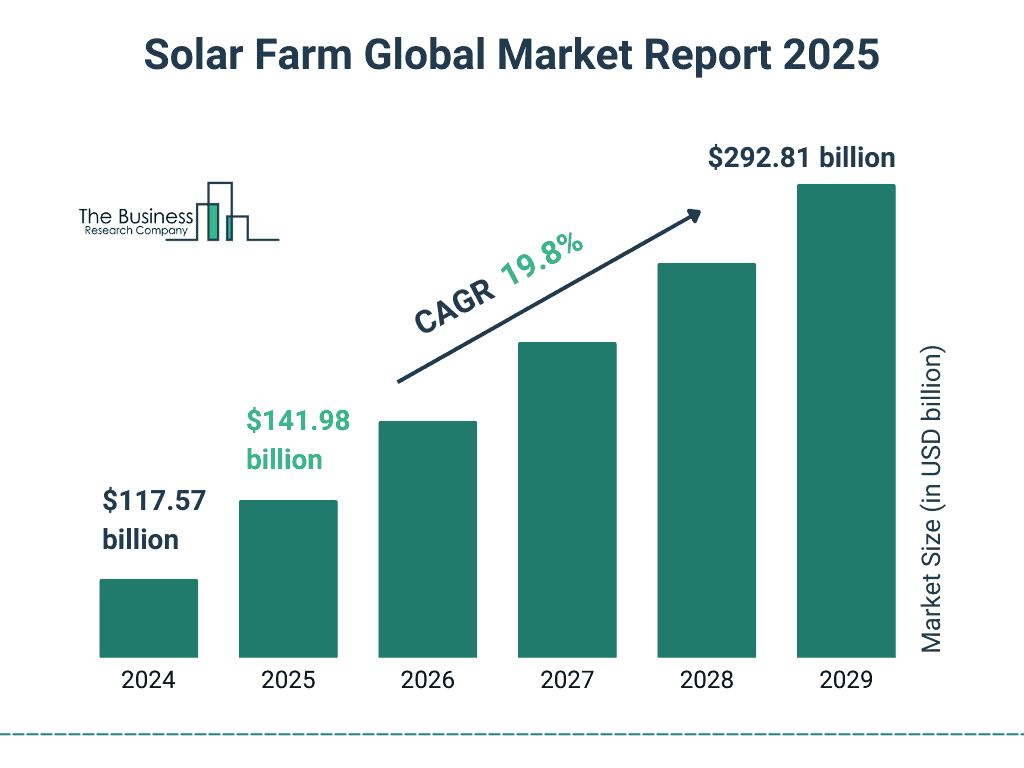
2. Cutting-Edge Innovations in Solar Lighting Trends Technology
2.1 High-Efficiency Bifacial Solar Panels
Traditional solar panels capture sunlight only on one side, but bifacial solar panels generate energy from both sides, boosting efficiency by up to 30%. These panels are ideal for vertical installations (e.g., solar streetlights) and cloudy climates.
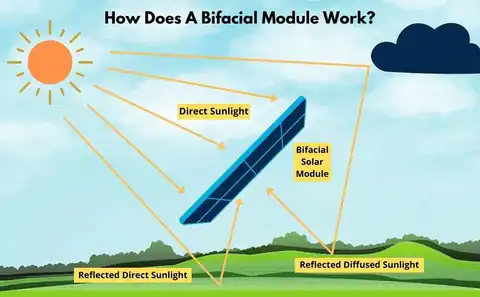
2.2 AI-Powered Smart Lighting Systems
Artificial Intelligence (AI) is transforming solar lighting into smart, adaptive networks. Features include:
- Motion sensors that adjust brightness based on activity.
- Weather prediction algorithms to optimize battery usage.
- Remote control via mobile apps (e.g., dimming lights during off-peak hours).
Learn more about smart solar solutions in our product lineup .
2.3 Transparent Solar Cells for Aesthetic Integration
Imagine solar panels blended into windows or decorative facades. Transparent solar cells, like those developed by Ubiquitous Energy, allow sunlight to pass through while generating power—perfect for architectural lighting and urban design.
3. Sustainability Trends Driving Solar Adoption
3.1 Recyclable Materials and Circular Design
Manufacturers are shifting to 100% recyclable batteries (e.g., lithium iron phosphate) and modular designs for easy repairs. This reduces e-waste and aligns with EU’s Circular Economy Action Plan.
3.2 Solar Lighting for Disaster Resilience
In disaster-prone regions, solar lights with 72-hour backup batteries are becoming critical for emergency response. NGOs like Lighting Global deploy solar kits to off-grid communities.
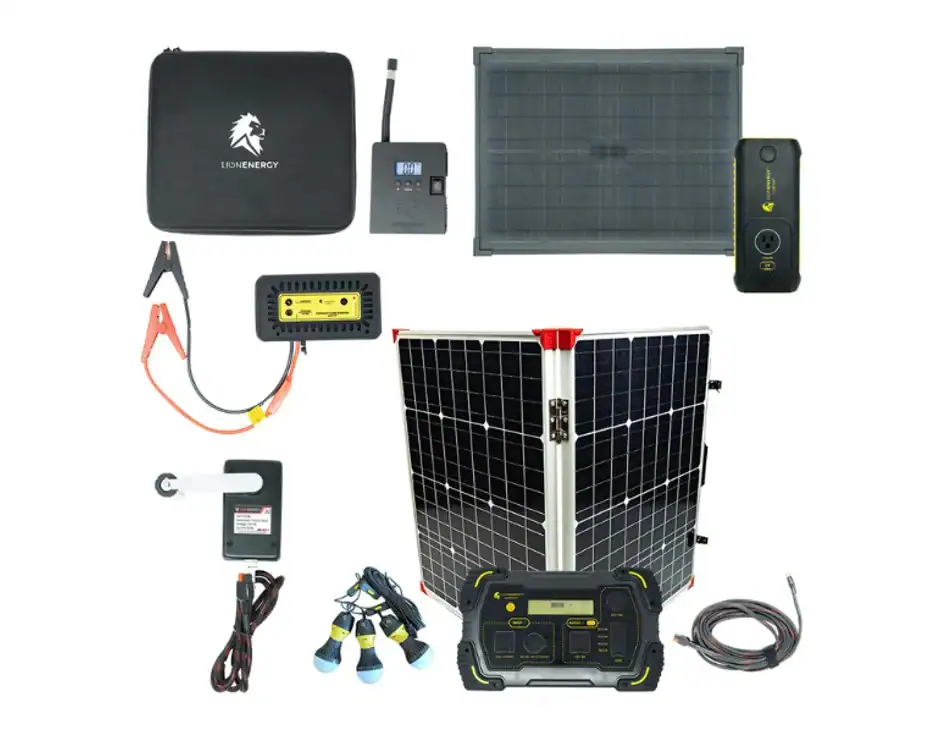
4. Solar Lighting in Urban and Residential Spaces
4.1 Smart Cities and Solar Streetlights
Cities like Amsterdam and Singapore use IoT-connected solar streetlights to:
- Monitor air quality.
- Charge electric vehicles.
- Provide free public Wi-Fi.
4.2 Home Solar Lighting: Beyond the Basics
Homeowners now demand solar lighting with style:
- Designer solar garden lights mimicking vintage lanterns.
- Solar skylights for daytime indoor illumination.
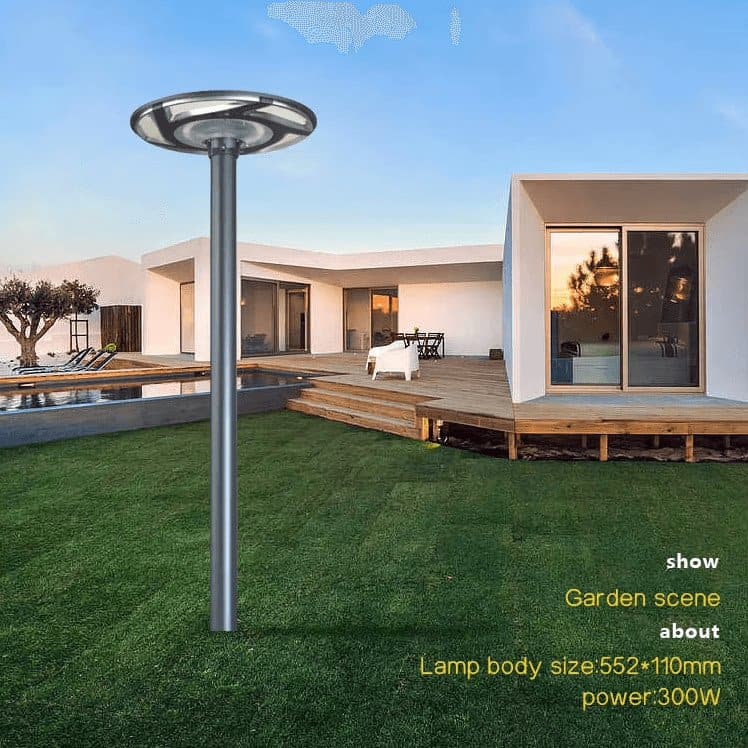
5. Challenges and Future Predictions
5.1 Overcoming Limitations
- Energy storage: New solid-state batteries promise longer lifespans.
- Cold climates: Anti-freeze coatings for solar panels .
5.2 What’s Next?
- Solar paint: Turn any surface into a solar panel.
- Space-based solar farms: Collect sunlight 24/7 (UK’s Space Energy Initiative).
6. Conclusion: Lighting the Way Forward
The future of solar lighting is bright, sustainable, and intelligent. Whether you’re a homeowner seeking elegance or a city planner aiming for net-zero goals, solar technology offers solutions that are both practical and visionary.
Ready to join the solar revolution? Explore our future-ready solar lighting products .

